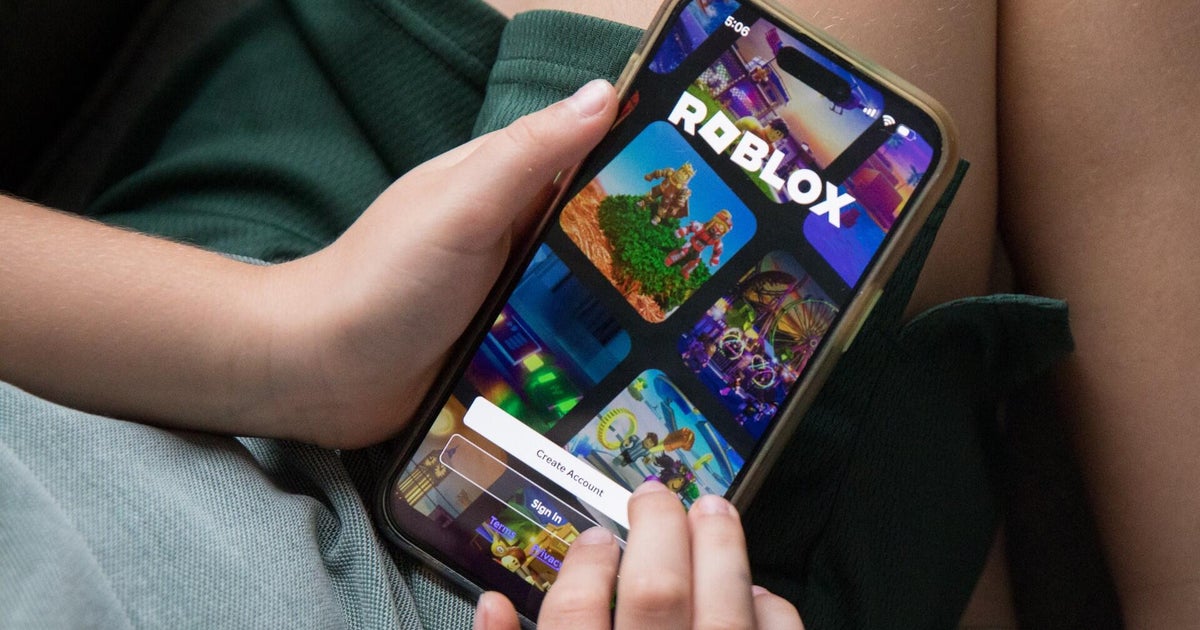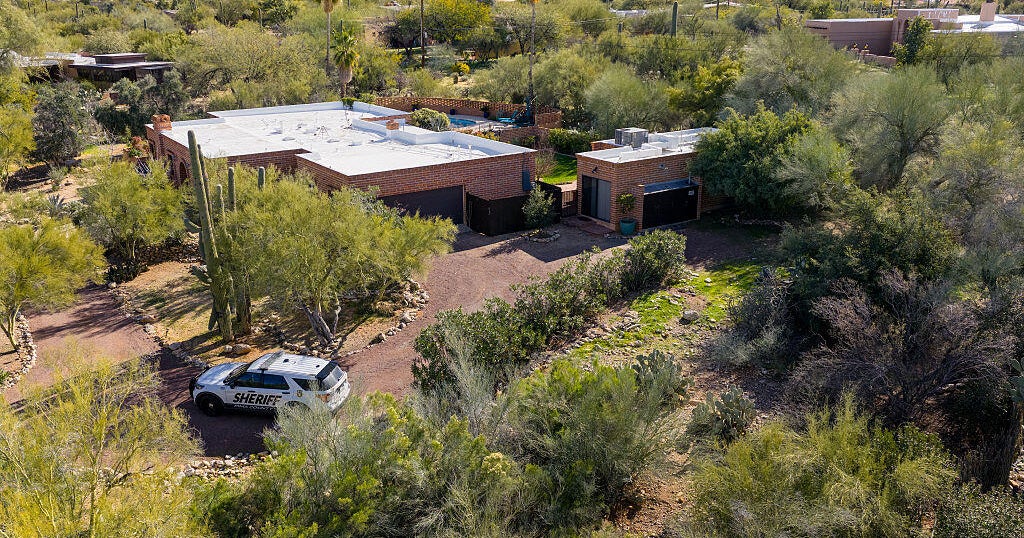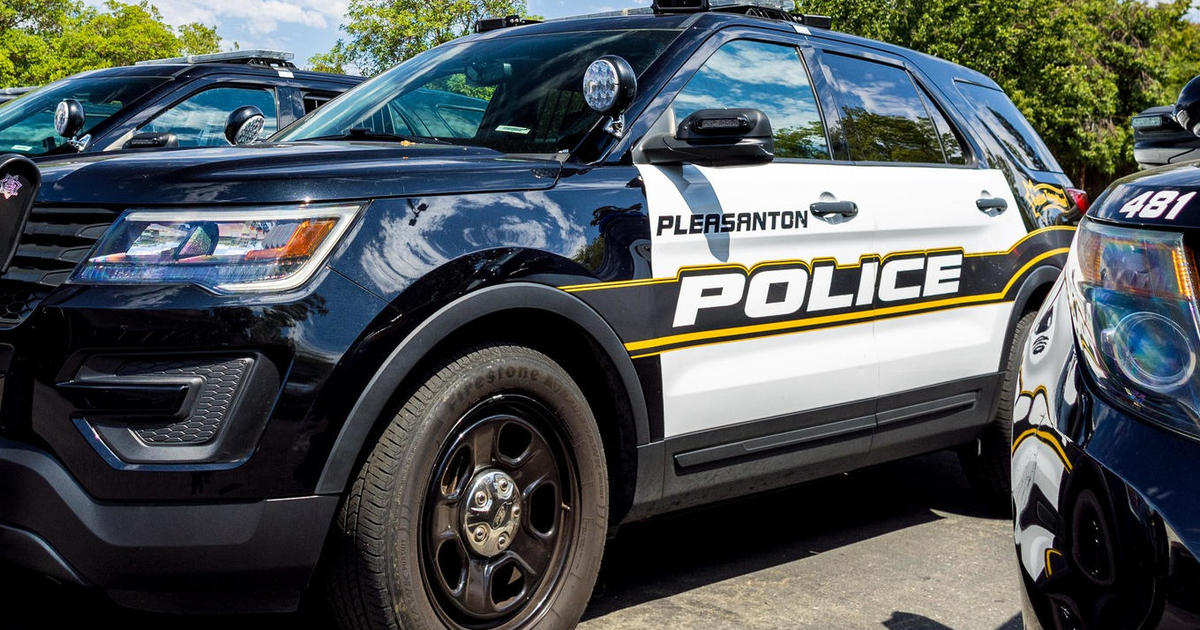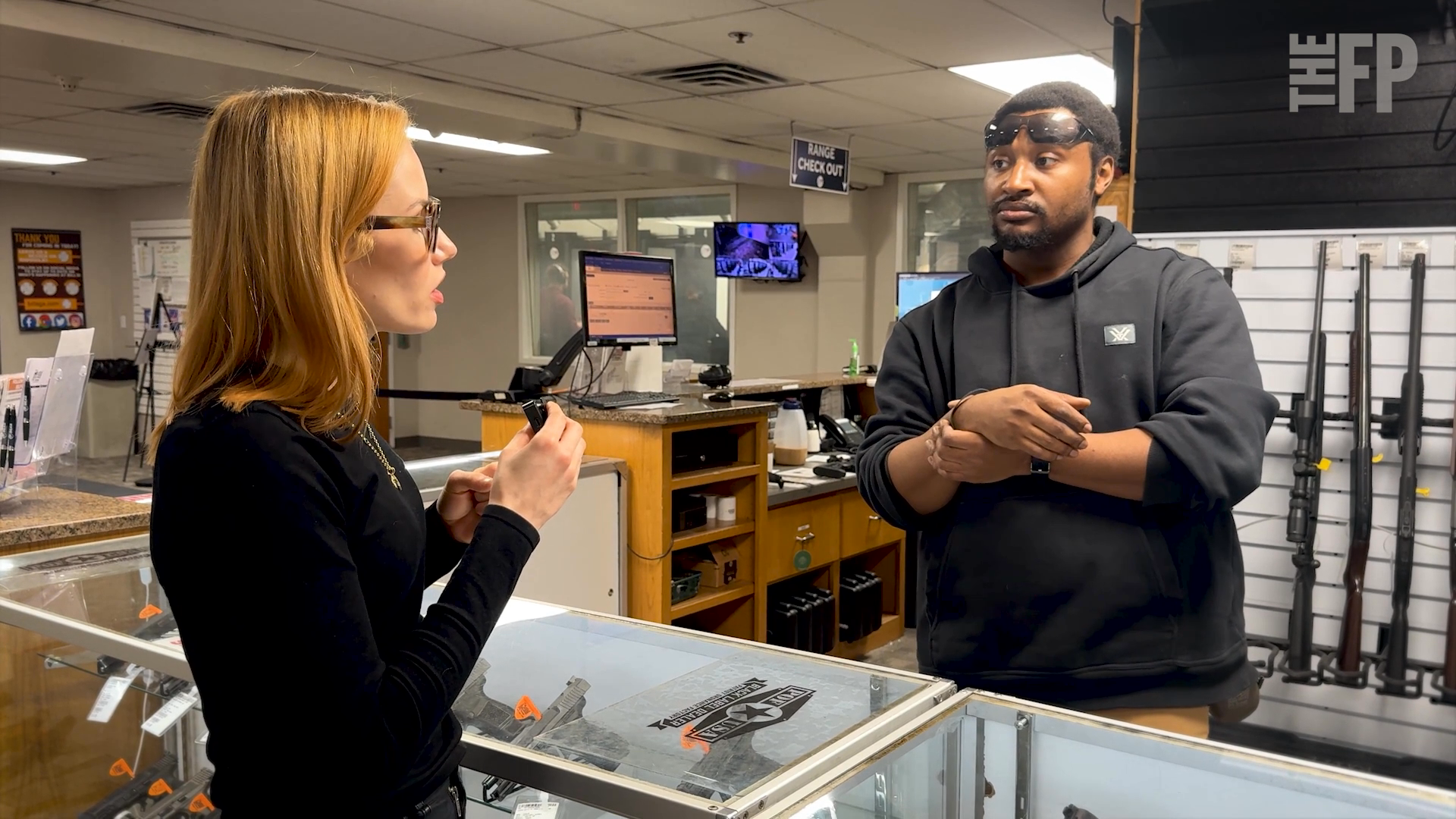Snapchat filters for funerals becoming more popular
A somber mood enveloped Stephenie Buchanan's family after her brother Tarrence's funeral.
Following the service in May, family and friends gathered in a hall to celebrate the life of the deceased 37-year-old. Buchanan grabbed a microphone, with a surprise for the packed room.
"I asked everybody if they had Snapchat," Buchanan, 33, said in a phone interview three months after the funeral. "I told them to go ahead and take a picture, and then scroll across."
Those who had Snapchat loaded the app, snapped a photo and swiped until they saw the words "T's World" on the top and "We love you Tarrence, rest in Heaven" on the bottom, superimposed over the picture. Snapchat calls the effect a geofilter, typically silly or cartoony digital images and words that highlight your location.
Buchanan created a custom one for her brother's funeral.
But rather than be offended, people began taking selfies. Most of Buchanan's friends and family members were excited about it, with only a handful of older folks confused about it all.
"They said, 'Oh my god, he has a filter, how did they do that?'" Buchanan said. "No one knew until I got on the microphone. My mom was sad, but she smiled about it."
Funeral geofilters are just the latest example of how Snapchat -- an app that many people still struggle to figure out -- has invaded the most intimate times of our lives. Custom geofilters are one of the hottest aspects of the young social network, where people can create templates to go over their temporary photos and videos to commemorate a significant moment in their lives. Snap Inc. said it offers on-demand filters for occasions like weddings, birthdays and graduations, but you can create geofilters for pretty much anything.
As morbid as it sounds, Snapchat filters for funerals are starting to pop up. The idea of using your phone to take selfies with an app that has features like a dancing hot dog and puppy-faced filters seems to go against the etiquette of a funeral. In 2013, Jason Feifer, now editor-in-chief at Entrepreneur magazine, even set up a blog called "Selfies at Funerals" to call out the tacky tech faux pas.
But others say the geofilters are actually another way people can pay their respects to the deceased. On average, Buy Custom Geofilters gets about 300 requests a month for geofilters. The majority of them are for birthdays and weddings, and less than 1 percent are for funerals, said Andrew Lee, the company's founder.
Over the last three months, however, requests for funeral geofilters have been on the rise, Lee said. When he received his first funeral request in August 2016, he never expected that his geofilters would be tributes to the dead.
"I just had never seen that before. It was kind of shocking," Lee said. His company has made a handful of funeral geofilters since that first request, acknowledging they're another form of celebration.
"The whole, 'sad funeral' and 'everybody wearing black' isn't as common these days," he said. "People are using the funeral to celebrate the lives. Geofilters are just another step to doing that."
Social media in the afterlife
If you pay between $60 and $120, you can get a funeral geofilter made, too. Lee's company requests four days' notice, and you specify what you want, with what color, text and design. If you pay extra, you can also get a little caricature of the deceased on the geofilter.
Lee said the cartoons of deceased friends and family members are often seen as tributes. That's how Buchanan saw it when she ordered a geofilter for her brother's funeral.
Before he passed away, Buchanan said, her brother was constantly on Snapchat, sending photos of himself, his newborn daughter and his fiancee around the clock. She even nicknamed her brother "the Snapchat King," something his friends remember fondly.
When Buchanan's friends and family saw the surprise geofilter, they thought it was the perfect way to celebrate Tarrence's life, and she received hundreds of pictures and videos using the filter. Buchanan is thinking about putting together a book with all the filter snaps sent to her.
"It's like a photo that represents that person," Buchanan said. "The filter represents them, and their day. It's special, because it's theirs, even if it's a funeral."
A history of selfies and death
Selfies have so permeated our culture that they've even spread to moments of grief.
At first, people were appalled that selfies were being taken at funerals, said Feifer, whose blog cataloged all these offending instances. He would get messages criticizing "these awful millennials" and how obsessed they were with taking photos.
Feifer recognizes how weird geofilters for funerals might seem, but he doesn't have a problem with them, or with selfies at funerals either, despite his discontinued blog. He looks at a generation that grew up on social media, with a camera always within reach, and notes that it's the easiest way for them to communicate.
From his perspective, the funeral selfies aren't much different from Victorian death photos. In the mid-1800s, when cameras were new on the scene, families would take photos with a deceased loved one, propped up to look like they're still alive. The idea was to capture a person's last image in their final moments.
People have always wanted to take photos of their family around death, Feifer noted. The technology's just become advanced enough now that you can include a dancing hot dog, if that's what you're into.
"Technology shapes how we interact with the world, though I don't think it changes our basic desires," Feifer said.
'Virtual community of support'
The growth of social media doesn't mean the death of decorum at funerals, though.
Walker Posey's family has been operating a funeral home in South Carolina since 1879. Posey, the funeral director there, knows the important role that social media plays in helping people deal with death.
He's seen people on their phones at funerals, and a few who take pictures for social media during services. Posey's not bothered by it. Social media can help create a "virtual community of support" for people mourning, and he said the key is making sure the technology doesn't distract from the funeral itself.
"I don't see a lot of people taking pictures at the moment, but I think we're heading there," he said. "It's evolving, and just like we use Facebook all the time, we've seen an uptick in baby boomers using social media at funerals."
He's yet to run into any Snapchat geofilters at his funeral home, but he understands why people would have them. While social media at funerals is here to stay, Posey noted that people are going to have to figure out when they're going too far.
For now, Feifer doesn't see Snapchat photos at funerals crossing that line.
"People using social media to express themselves at funerals does not mean that the door's opened up for the circus to walk in," he said. "There is an earnest purpose to this. It's not just people screwing around."



